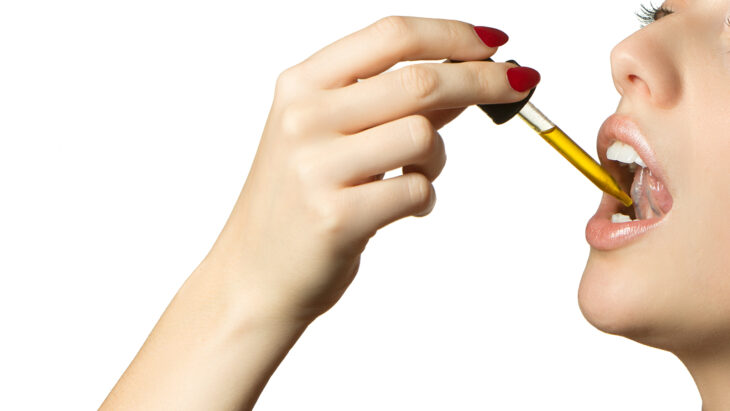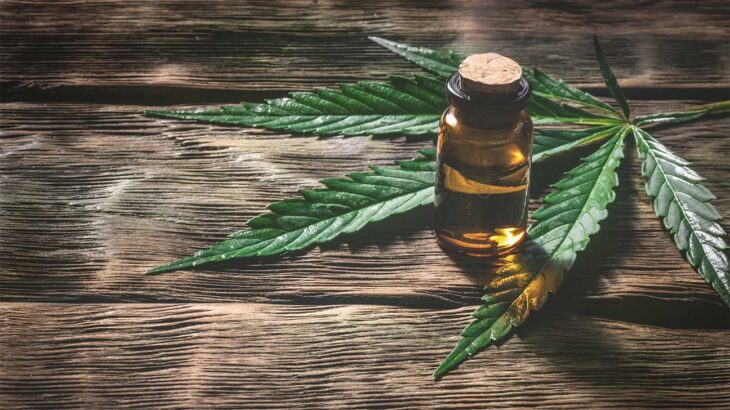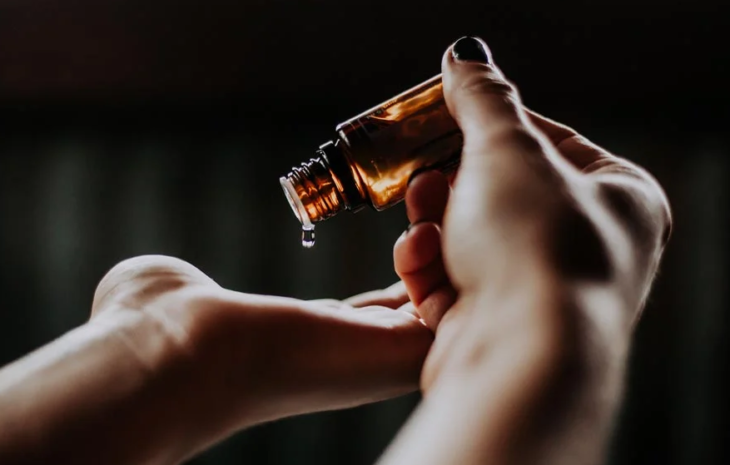Cannabidiol, or CBD, is proclaimed as a treatment for everything that hurts us. It might not heal cancer—but it’s a promise of paranoia and addiction. It may be at the favorite winery, improving your coffee or seltzer. You might find it online like a capsule, a suppository, or a cream. It is also used by prescription as a treatment to treat epileptic seizures in infants. It’s billed like anything from a pain killer to a cancer cure.
Cannabidiol, or CBD, is one of the several substances classified as cannabinoids present in marijuana and its sister plant, hemp. For years, CBD has been residing under the shadow of its intoxicating relative, tetrahydrocannabinol (THC), a cannabinoid that is responsible for elevated weed levels and which has been the key subject of study.
CBD does not contain elevated levels but has recently overtaken THC as a day cannabinoid. Deemed healthy by most specialists, it is said to trigger relaxation, to enhance mood, and to alleviate discomfort without the weakness or anxiety that THC can bring.
Contents
Cannabinoids Within

img source: nccih.nih.gov
As a plant-derived drug, CBD is referred to as a phytocannabinoid. Yet plants do not hold a monopoly on molecules. Animals—including humans—produce cannabinoids, or endocannabinoids, which function as neurotransmitters in a network of receptors distributed across the central and peripheral nervous systems. The endocannabinoid system, or ECS, has a hand in a dizzying variety of physiological and psychological mechanisms, from reproduction to memory.
Increased ECS awareness has improved the perception of neurotransmission. One of the two recognized endocannabinoids, 2-arachidonoylglycerol (2-AG), is unique among neurotransmitters in that it originates on the post-synaptic side of the neural pathway. As the neuron is overstimulated, 2-AG moves backward across the synapse and in a mechanism known as retrograde inhibition, prevents the pre-synapse from taking further action.
Yeah, chill out!

img source: wmmota.com
You can use CBD. It is theorized that when ingested—usually as droplets or oil capsules derived from cannabis or hemp—it communicates with ECS in ways that facilitate mental wellbeing. One environment where a tangible promise has been seen is the relief of anxiety disorders, including social anxiety and PTSD. In one trial, people with social anxiety swallowed a CBD capsule in advance of a public speaking job; relative to placebo, the medication dramatically lowered stress levels.
In another, volunteers took CBD after THC; CBD mitigated the anxiety-inducing symptoms of THC. In this year’s reported study, frequent CBD doses administered to 47 adults with anxiety for up to three months quickly reduced symptoms—with results that remain constant during the recovery span. Researchers are currently finding anxiety relief only in individuals with anxiety pathology. This indicates that you are potentially witnessing a transition in the pathological process—not only a complete dampening in the central nervous system.
Addiction treatment

img source: addictionresource.net
The dampening influence of CBD on cravings—an effect that lasted for a week after the last dose—represents a milestone. Some prescription medications, such as naloxone or methadone, prevent opioid incentives or act as better options. So they’re not treating cravings or anxieties, which sometimes rise and fall in unison. Cravings are one of the most important aspects of the period of abuse. If we can treat them, we’ve got a lot better chance at people minimizing their consumption of drugs.
CBD also brings some promise for schizophrenia. When prescribed to patients combined with standard antipsychotics, CBD greatly decreased the severity of hallucinations and visions relative to antipsychotics alone, as well as a minor increase in cognitive test scores, in a small study conducted last year. CBD does not tend to antagonize dopamine receptors, unlike most antipsychotics—possibly unlocking a different strategy for managing psychosis. GreenPassion has the best products for CBD in the market.
Relief in pain

img source: thepaincenter.com
Researchers found that marijuana was used somehow to relieve pain in 2900 BC, so it obviously isn’t a modern process. In specific, pain relief was seen for some CBD components. CBD helps alleviate chronic pain by decreasing inflammation by working with neurotransmitters according to research by the National Institutes of Health (NIH).
The NIT published a study claiming that the mixture of CBD and THC – the two marijuana properties – treated pain in multiple sclerosis and arthritis patients. In the same study, CBD components have also helped improve’ movement pain significantly and led to better relaxation and sleep qualities in arthritis-patients.
Is it lawful to use CBD?

img source: burnbootcamp.com
Although legal throughout Canada, CBD is only available easily in most parts of the United States throughout an online dispensary (as of June 2024). The position of the US government on CBD can be a little misleading, and it depends on whether hemp or marijuana is extracted from CBD. Although the legality of CBD is projected to change in the coming years, Congress is not formally united, which makes it legal, even though the U.S. weighs the option of legalizing cannabis across the country, as Canada did in October 2018.
The end of the story
While CBD companies have argued that CBD can help reduce cancer symptoms and relieve pain, (whether or not it is correct for you it remains necessary to study the clinical studies of CBD studies extensively before they can be put on the North American mainstream market.
What’s really inspiring is that this is not unethical to use CBD (online purchase), and a large number of registered companies sell options. There are a large number of tests and research projects which have shown CBD as a valid substitute for certain pharmaceutical drugs and, because it is an all-natural product, it cannot be misled.
CBD does not have addictive properties, so it is easy if it is not correct for you. CBD, a value that proves its natural compound, cannot also be overdosed. We believe it is something that you should at least consider if you can take a bunch of it without serious kick-backs (except just getting tired). Notably, if all your other choices have been strained. Yet again, you might need your doctor or naturopath to get a professional insight into using some of the forms of CBD if CBD is something you are uncomfortable eating.
